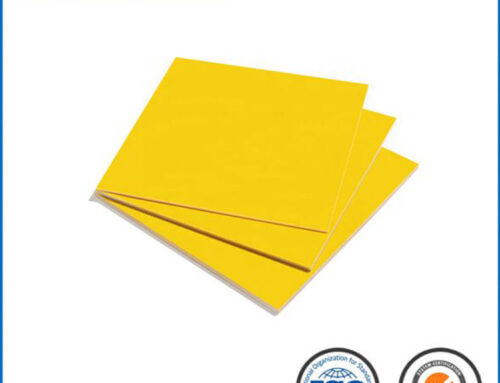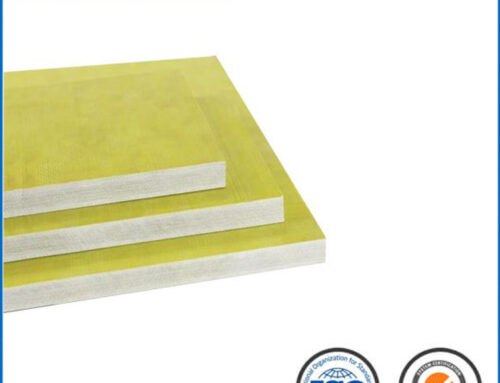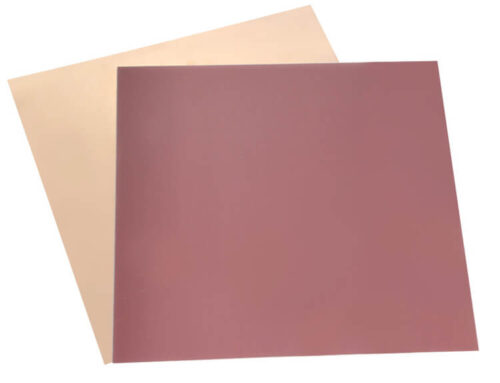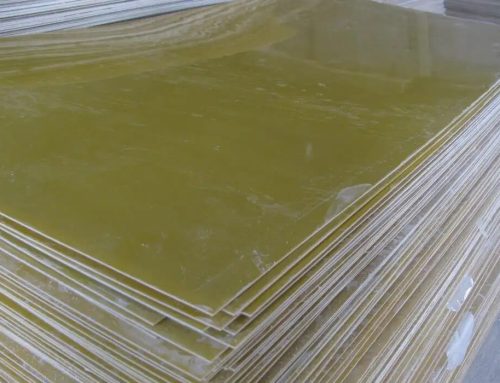In the realm of advanced materials, composite fiberglass boards emerge as a versatile and robust solution with applications spanning various industries. This article delves into the unique characteristics and modern applications of composite fiberglass boards, uncovering the blend of strength, durability, and adaptability that makes them integral to contemporary engineering solutions.
1. Fusion of Materials: The Essence of Composite Fiberglass Boards
Combining Fiberglass and Resin:
They are crafted through the combination of fiberglass layers and resin, creating a material with enhanced strength and structural integrity.
The synergy between these materials results in a composite that surpasses the individual properties of its components.
Layering Precision:
The layering process is executed with precision, determining the thickness and arrangement of fiberglass and resin to achieve optimal performance.
Each layer contributes to the overall mechanical, thermal, and chemical properties of the composite.
2. Mechanical Superiority and Structural Stability
High Tensile Strength:
It is exhibit high tensile strength, making them resistant to stretching or deformation under applied loads.
This property is pivotal for applications requiring structural stability and durability.
Flexural Rigidity:
The flexural rigidity of it enables them to withstand bending and torsional stresses without permanent deformation.
This characteristic is crucial in applications where components need to maintain their form under various mechanical forces.
3. Resistance to Environmental Extremes
Thermal Stability:
Composite fiberglass boards showcase thermal stability, ensuring consistent performance across a range of temperatures.
This property is particularly beneficial in applications exposed to varying thermal conditions.
Chemical Resistance:
The composite’s resistance to chemicals makes it suitable for applications in corrosive environments.
This resistance enhances the longevity of components in challenging industrial settings.
4. Applications Across Industries
Construction and Infrastructure:
It find applications in construction for structural components, offering a balance of strength and lightweight properties.
Their resistance to environmental factors makes them ideal for infrastructure projects.
Transportation Components:
In the transportation industry, they are used for manufacturing lightweight and durable components, contributing to fuel efficiency.
Their mechanical strength ensures the reliability of critical parts in vehicles.
5. Precision Machining and Customization
Machinability:
Composite fiberglass boards exhibit good machinability, allowing for precise shaping and customization according to specific design requirements.
CNC machining and other techniques enable fabricators to achieve intricate designs.
Fabrication Flexibility:
Fabricators benefit from the flexibility of composite fiberglass boards in achieving complex shapes and meeting diverse application needs.
This adaptability opens up possibilities for incorporating these boards in a wide array of engineering solutions.
Conclusion: Composite Fiberglass Boards – Pioneering Strength in Modern Engineering
As we explore the realm of composite fiberglass boards, it becomes evident that these materials stand as pioneers of strength and versatility in modern engineering. From construction to transportation, their unique combination of mechanical superiority and resistance to environmental extremes positions them as key players in contemporary applications. In a world where innovation demands materials with a harmonious blend of properties, composite fiberglass boards reinvent strength, offering a reliable foundation for the advancement of engineering solutions.
More:




